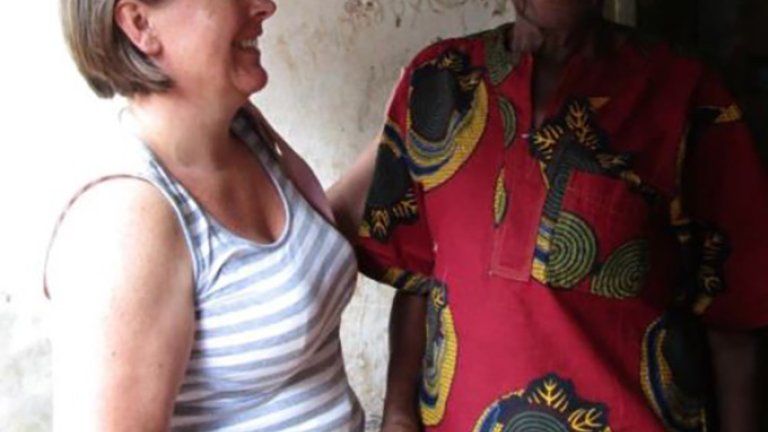Esther Clift is a Consultant Practitioner Trainee in Frailty with Health Education Wessex. This is the first part of a four part BGS blog series about her time in Africa. She tweets @EstherClift
Evidence of superstition is everywhere in Nairobi. The lampposts are plastered with posters of a certain ‘Doctor’ offering help with relationships, ‘manliness’, and money issues. On payment of a significant sum- starting at about £30, and upwards, various incantations, and ‘luck’ potions are generated and taken. The internet is full of stories of how people’s situations have changed immediately after taking their potions, or using incantations, such as ‘I was immediately able to clinch the deal which had been hanging around for months’, and so on.
But what has this got to do with ageing? There is growing evidence of older women particularly, accused of being ‘witches’, and therefore being burned alive. HelpAge International cite a number of reasons for such an accusation:
- surviving a husband
- older women in certain cultures are seen as having little value because they are no longer economically or biologically productive in the household
- certain characteristics such as red eyes, living alone, or eccentric behavior
- miscarrying or losing a child
Others have talked about growing resentment for the older generation as they are the landowners but the younger generation have to till the land, without reaping the benefits. People are on the whole terrified of the power of witchcraft, so a mob mentality takes over after an initial accusation. There is reported evidence of such crimes across much of East Africa. In 2009 five older people in Kisii were accused of reducing a boy to a mute and all burned alive. HelpAge report 317 women were killed due to accusations of witchcraft in Northern Tanzania alone. There is work being done by HelpAge to highlight this, and break the taboo, and further work in educating community leaders (mostly church leaders) over the plight of older people. This needs to be addressed, as older people in many parts of East Africa may be increasingly isolated due to urbanisation, and with growing longevity due to better health and nutrition, more likely to survive and develop cognitive impairment.


